Leaving the parental home: more than a symbol of modernity and individuality
In Asian societies, young people want a sense of independence more than ever before
May 6, 2023
The moment when children leave their parents’ house to start their own lives is often a bittersweet one. That is, if it happens. What was for decades an expected rite of passage is now being postponed for many.
In the West — America, Europe, Australia — increasing numbers of young people have decided to go back and live with their parents again or leave their parents’ house much later than usual. In Asia and some parts of Europe, by contrast, young people consider leaving their families and starting an independent life as a symbol of becoming modern.
“In a typical family setting, you are not allowed to make your own life decisions, according to my culture,” says Reza Esfandiarpoor, a doctoral student majoring in computer science at Brown University. Esfandiarpoor is a 25-year-old man from Iran who moved out from his parent’s house right after he graduated from high school in Kirman. “You have a vision for your life, you have struggles in your life and you want a specific type of job or things you want to do on your own.”
For decades, the U.S. was different from Asia and many parts of Europe – in that, young people wanted to leave home at the age of 18 years instead of continuing to live with their parents. Unlike in several Asian societies, it was quite common and acceptable, supported by cultural norms and parents.
But times have changed.
Catherine L. Caldwell-Harris, an associate professor in the department of psychology at Boston University, says that in the last 10 years, it has become more acceptable than in prior decades for young adults in America to live with their parents. Economic needs being the main reason.
“Young adults are willing to live with their parents into their 20s because of a lack of resources, the high cost of housing, careers that require a decade of training, the difficulty of getting a career started, and job loss,” Caldwell-Harris says.
Families struggle to pay living expenses on their own because of the recession and a lack of resources, if everyone in the home can’t contribute. According to American history, the economy significantly improved following the Second World War, which led to the ability of a majority of young people to live independently of their parents and live lives filled with success and freedom. because there were enough resources available and the expense of comfort and welfare was not very high. This pattern continued until the 1980s when the nation’s economy began deteriorating. The expense of living and housing increased dramatically as a result.
According to the Pew Research Center, 52% of young people between 18 and 29 live with their parents, which is the highest rate since the Great Depression of the 1930s.
Due to income inequality and political choices like a lack of funding for public services and infrastructure. It covers everything, from housing and transportation to healthcare and education that lead to the shortage of resources and a struggling economy, families and children in the U.S. are choosing to live together in order to afford expenses. A majority of Asian societies, however, continue to experience poverty, lack of resources, andhigh rates of illiteracy. Possibly, the primary reason behind the prevalence of joint families in Asia is a weak economy. This most likely makes moving out of joint families difficult for individuals.
Historically, individualism is a value system that goes back to the early days of the West.
“The U.S. society values self-reliance, and the cultural value of ‘standing on your own feet,’” Caldwell-Harris says.
Yet, as time has gone on and there have been more economic and global pressures, the idea of individualism has expanded to include even those people who live with their parents.
At the same time, in Asian societies, young people want a sense of independence more than ever before.
The individualistic notion of children eventually going their own way is not ingrained in many cultures in Asia. There is an emphasis on the idea that family well-being is a collective responsibility on the shoulders of the elders. TAs a result, the practice of sharing a home with parents encourages children to take responsibility for their parent’s safety and well-being once they begin to grow old.
These attitudes challenge the perception that the ultimate goal of adult life is to become independent and able to “go it alone.”
“If attending a school far from our home and living near to the school was not the excuse for me moving out from my family house, my parents would be mad as hell for my separate life,” Esfandiarpoor says.
In the U.S. there often are tense and mixed feelings about the young members of the family living at home for “too long.” The culture also promotes grown children pursuing a career and being financially stable.
“My mom wasn’t very happy about it,” says Cora Brueggeman, a 24-year-old from Massachusetts who works at an athletic country club. Brueggeman moved out from her mom’s house and started living on her own about two years ago. “She was worried that I wouldn’t be able to take care of myself and that she wasn’t going to be there whenever I needed her,” she says.
If not, regardless of the distance,which American or Asian parent would not like their children to study in the best universities and become successful in life? ?
In Asian societies, often, there is a strong sense of discomfort and dissatisfaction when young people make the decision to leave home. People’s mindsets and prevailing customs consider this act immoral and it is a violation of family values and a lack of respect for elders.
“The main thing is that it is very difficult for parents to understand the vision of kids for their own life,” Esfandiarpoor says.
In some Central and South Asian cultures, women have limited rights and freedom than men because of religious beliefs. Living separately from family is regarded as immoral for these womenBut in recent decades the transitional cultural changes have started affecting Asia.
“Based on my experience now it’s pretty rare that families in Iran don’t allow their daughters to study in a different city,” Esfandiarpoor says. “And girls are not ready to sacrifice their goals and independent life because of the culture and family values.”
In countries like Iran, Syria and Afghanistan, people are suffering from conflict, wars, domestic issues and inflation. While more young people in these cultures are increasingly embracing Western ideas of individuals, traditional family values of intergenerational living can help protect them from psychological harm, depression and isolation.
The concept of individualism and independence in different societies around the world has gone through several historical courses, but it has had a common consequence in all nationalities and different societies: psychological impacts.
According to the Society for Research in Child Development, it can be a problem when families are split up because it can have long-term detrimental psychological and health effects on children, families, and communities.
“Emotional care is really important and historically, Americans haven’t valued that,” Caldwell-Harris says.
“My anxiety got a lot worse,” Brueggeman says. “I was constantly worried about being the best and proving my mom wrong and proving my family wrong because everyone thought that I wouldn’t be able to successfully live on my own.”
The Tension of taking all the social, economic, and educational responsibilities for an ideal life is not easy until we have not grown up enough. In particular, financial needs are the main reason for the young rejoining their parents.
“I was constantly worried about money,” Brueggeman says. “I was checking my bank account 15 times a day just to make sure $1 didn’t leave my account.”


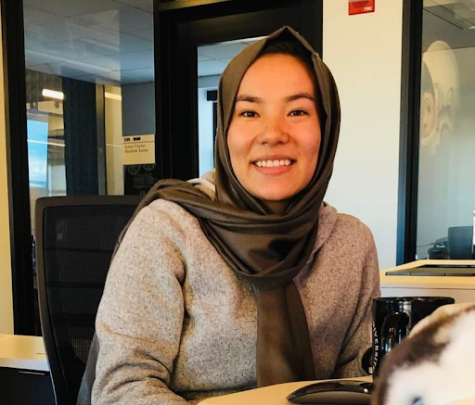


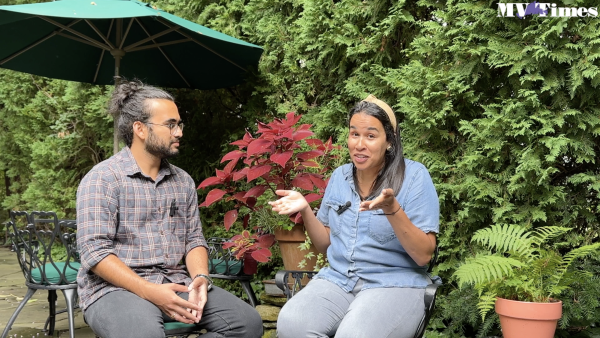
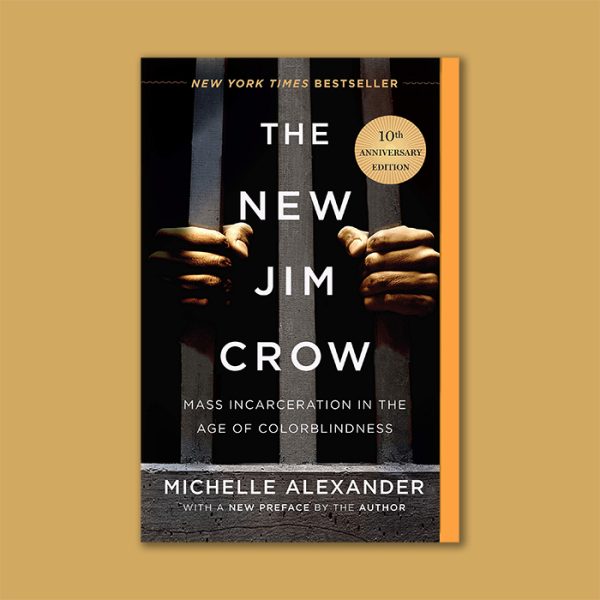
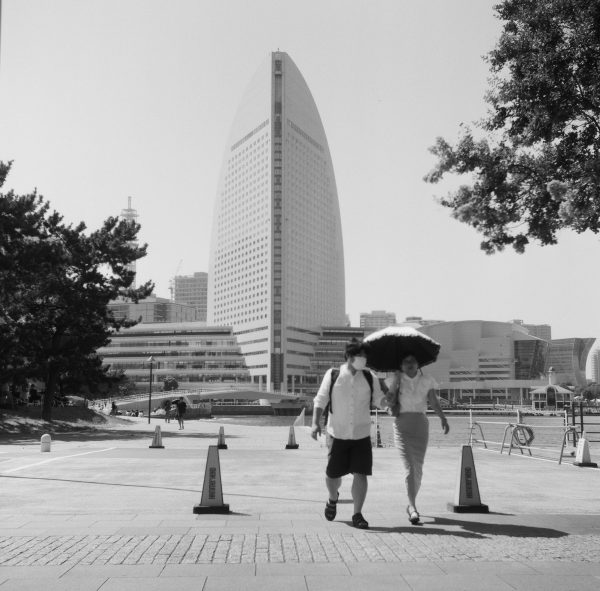


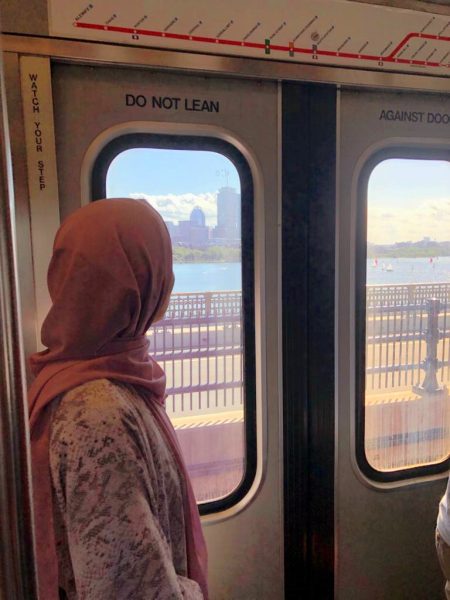


Leila • May 10, 2023 at 9:31 am
A very interesting read